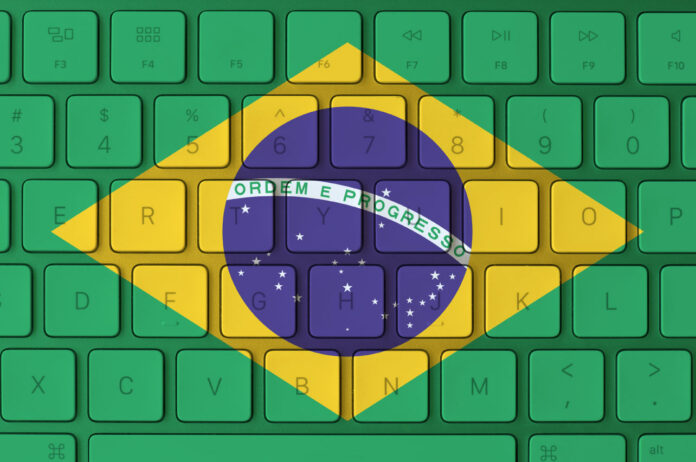Na semana passada, o Brasil deu um importante passo no cenário tecnológico global com a publicação da versão final do Plano Brasileiro de Inteligência Artificial (PBIA), iniciativa estratégica do Conselho Nacional de Ciência e Tecnologia (CCT) que delineia as diretrizes para o desenvolvimento e a regulamentação da IA, buscando impulsionar a inovação e garantir um uso ético e responsável.
De acordo com a Dra. Patricia Peck, especialista em Direito Digital e CEO do Peck Advogados, o plano e o Marco Legal da Inteligência Artificial (Projeto de Lei 2338/2023) são complementares e interdependentes. “Enquanto o PBIA estabelece as diretrizes estratégicas e as prioridades para o desenvolvimento da IA de forma soberana, ética e sustentável, funcionando como um roteiro de ações governamentais e setoriais, o PL busca criar o arcabouço legal e regulatório para a IA, estabelecendo princípios, direitos e deveres para o desenvolvimento e uso responsável no País”, explica.
Nesse contexto, é essencial que o Marco Regulatório esteja alinhado ao PBIA, especialmente na definição de um modelo viável que permita a Proteção da Propriedade Intelectual em equilíbrio com o estímulo à aceleração da IA.
“Lacunas no PL ou a sua normatização excessiva podem gerar insegurança jurídica e impactos econômicos, desvalorizar ativos intangíveis e comprometer a inovação. O alinhamento entre estratégia e regulação é crucial para fortalecer a soberania tecnológica e impulsionar o ecossistema nacional de IA. A lei precisa estar na dose certa”, alerta a advogada.
De acordo com Patricia, o documento se destaca por:
· Buscar tornar o Brasil um modelo global de eficiência e inovação no uso sustentável da IA, desenvolvendo soluções nacionais que reflitam os valores, prioridades e desafios do País, focando no bem-estar da população brasileira e na inclusão social, especialmente nas áreas de saúde e educação;
- Prever o investimento de R$ 23 bilhões até 2028, oriundos de diversas fontes, incluindo crédito, recursos públicos e contrapartida de investimento privado;
- Criar vantagens competitivas a partir da matriz energética brasileira, predominantemente limpa (89,2% renovável em 2023), que permite o desenvolvimento de IA sustentável, assim como um ecossistema de inovação em crescimento, uma população jovem com alta adoção de tecnologia, e extensas bases de dados nacionais em setores como saúde e agricultura.
“Apesar das vantagens, o País também enfrenta desafios, como a necessidade de ampliar investimentos em pesquisa e desenvolvimento (P&D), implementar infraestrutura digital e computacional de ponta (incluindo supercomputadores de alto desempenho e data centers de última geração), garantir interoperabilidade e acesso a dados e intensificar a formação e requalificação da mão de obra em IA”, ressalta a especialista.


